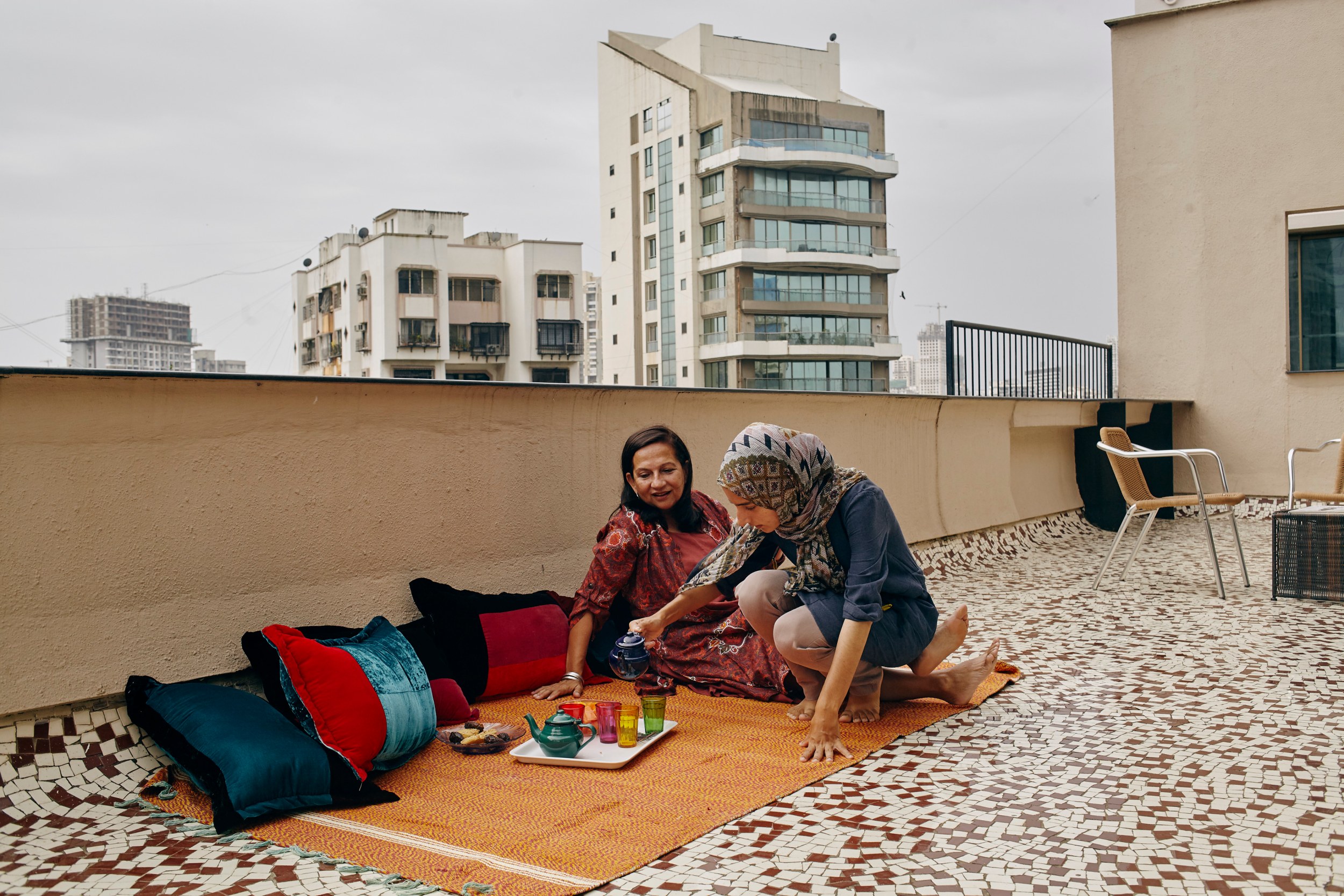Airbnb’s Remarkable $920M Contribution to India’s GDP

Airbnb’s Remarkable $920M Contribution to India’s GDP
Airbnb, the global home-sharing platform, has rapidly emerged as one of the key players in the tourism sector worldwide. With its unique offering of ‘local experiences’ and authentic stays, Airbnb has appealed to travelers of all ages.
As the company’s footprints expand globally, one of the countries that has seen notable economic benefits from its presence is India. Reports suggest that Airbnb has contributed a whopping $920 million to India’s Gross Domestic Product (GDP). Let’s explore how this contribution took shape.

Over the past few years, there has been a growing trend among travelers to seek authentic experiences over traditional hotel stays. India, with its rich tapestry of cultures, traditions, and locales, offers a plethora of experiences.
According to a recent Oxford Economics research, despite the hurdles provided by the epidemic, Airbnb has significantly helped India’s travel and tourist industry grow. Airbnb supported more than 85,000 employment and made over $920 million in GDP contributions to the nation in 2022, according to the research.
The research covers the calendar year that ends in March 2023, one year after India’s travel restrictions started to loosen.
In India, Airbnb visitors spent $815 million in 2022, more than tripling their spending from the previous year in sectors including dining, shopping, and transportation. With approximately $190 million in visitor spending, Goa emerged as the Airbnb hotspot, followed by Bengaluru, Delhi, Mumbai, and Manali.

The analysis claims that domestic travelers drove the post-pandemic rebound in the industry, contributing $670 million to the nation’s overall Airbnb visitor spending in 2022, a three-fold increase from 2019.
“The economic benefits are being shared across more destinations, enabling a valuable economic contribution to rural and regional areas,” said Amanpreet Bajaj, Airbnb’s general manager for India, Southeast Asia, Hong Kong, and Taiwan.
From the houseboats of Kerala to the traditional Rajasthani havelis, travelers have shown an increased interest in experiencing India from the perspective of a local.
Airbnb has played a pivotal role in facilitating these connections, helping homeowners across the country open their doors to global travelers.
With the rise of Airbnb listings, there has been a direct increase in job opportunities for locals. From housekeeping to tour guiding, many service sectors have seen an uptick.
The ripple effect also extends to local artisans, chefs, and shopkeepers, as guests often seek local products and experiences. The platform’s model empowers local entrepreneurs, giving them a global audience without the need for large-scale investments.

Traditionally, Indian tourism has been concentrated around a few key locations. However, with Airbnb, lesser-known regions have gained prominence. This decentralized model of tourism ensures that economic benefits are more evenly spread out, promoting regional development and reducing the burden on heavily visited sites.
Airbnb’s model inherently promotes sustainability. Instead of large-scale hotel constructions, which might disrupt local ecosystems, home stays utilize existing structures. Furthermore, local hosts often advocate for responsible tourism, ensuring that travelers leave a minimal environmental footprint.
The influx of international travelers using Airbnb has led to an increase in foreign exchange earnings for India. With the country’s vast offering of diverse experiences at competitive prices, international travelers are increasingly seeing India as an attractive destination, leading to a surge in forex inflows.

Airbnb has actively collaborated with various state tourism boards and other stakeholders in India. These partnerships have facilitated training sessions for hosts, ensuring quality standards and promoting local experiences. Such collaborations have also paved the way for more investments in the local tourism infrastructure.
While Airbnb’s impact on India’s GDP is commendable, it’s essential to recognize challenges. Regulatory hurdles, issues of safety, and concerns regarding cultural clashes are some aspects that need to be addressed. Ensuring a sustainable and responsible growth model is crucial to reap the long-term benefits of this burgeoning sector.
Airbnb’s significant contribution to India’s GDP underscores the potential of platform-based business models in generating economic value.
By promoting local experiences, sustainable tourism, and regional development, Airbnb has brought forth a paradigm shift in the way people travel.

As India continues to harness this potential, a balanced approach addressing both growth opportunities and challenges will be the key to sustainable success in the travel sector.




